I have been so moved and amazed at the privilege of being involved in the Chaiya Art Awards and having the opportunity to write the book. I interviewed the winner, the delightful Deborah Tompsett about her story.
Hand thrown clay vessels, each unique. Each pot formed from a heart-sized lump of clay from baby to adult. They are filled with handwritten messages and then re-fired.
Since the Davidic era, 1055BC, tear bottles have spoken of the sacredness of tears as messengers of grief, contrition and love.
WHERE IS GOD IN OUR 21ST CENTURY WORLD?
This piece of work was displayed at the gallery@oxo on the Southbank as a finalist in the inaugural theme based Chaiya Art Awards exhibition. Deborah won the first prize of £10,000 for her stunning piece of work.
I’m an artist specialising in ceramics. I did a degree in fine art sculpture at Canterbury Art College in the late 70’s early 80’s. It was a turbulent time. Sculpture was very male dominated and there was quite a bullying atmosphere amongst the tutors. It was also really difficult being a Christian. I had been asked by my church for a piece of work and I was given permission to include it as part of my degree work. However the head of the department went on sabbatical and the tutors refused to help her. Fortunately the technicians were wonderful as it was a difficult piece of metalwork comprising of a large cross with thorns entwined around the top piece of the cross. The other students were really supportive, however, I found the atmosphere very difficult and didn’t do well in my final year.
I asked Deborah if she thought things had changed and she told me about a young student she had met studying at the Slade and she was bubbling with the support she was getting. What did you do after finishing college as there must have been a feeling of great disappointment.
I thought I would go to Italy and do a course. So I worked as a home help, saved up and went. Didn’t know where I was going to stay and ended up working as an au pair able to do a part-time evening course. I went everywhere I could to look and draw and it was a very fruitful time.
Deborah told me she was successful in becoming apprenticed to a potter in her village and learnt all the basics. She also spent a summer in Beirut working with partially and non-sighted children making pots with them. It was a very troubled area and hugely formative for her.
So where did you get the idea for the tear bottles?
The idea began to develop as I realised there is so much fuss in the world and we only get tiny snippets of peoples’ stories. All these painful stories that are so private that no-one would know about but God knows and they are precious to him. Nothing is lost.
I discovered there is an incredible tradition of tear bottles from centuries ago, tears almost actually physically held. I thought if I made as many different bottles, each individual and each pot fashioned from a lump of clay the size of a human heart – from a baby to an adult. The indicator of your heart size is your fist. 1000 seemed such a complete number and when people see the entire collection, it speaks to almost everyone.
It did indeed speak to me.
“You keep track of all my sorrows.
You have collected all my tears in your bottle.
You have recorded each one in your book.”
Psalm 56:8 New Living Translation
I was curious to know what inspires Deborah.
I am inspired by poetry – TS Eliot, Gerald Manley Hopkins, Howard Hodgekin. By other artists like Grayson Perry and Edmund de Waal, Anthony Gormley, Joan Mitchell, Philida Barlow, Joan Mitchell, Louise Bourgeois, Yayoi Kusama. Beauty is one aspect of the many characteristics art can display. Ugliness can have a strong message as well as incompleteness and many other things – all a reflection of the complexities of living life.
What was it like to win the Chaiya Art Awards 1st prize?
I felt it was amazing to be selected and exhibiting with artists I had heard of. That in itself was a privilege. Then to be in a London exhibition. On the night of the award my two sons rang me saying how proud they were of me. It was one of the highlights of my life. You work away to make ends meet, children, husband, busy job, beavering away to keep hope alive, then a big prize and some recognition is great. Winning the money has opened up the possibility to have a studio away from home and I shall be in Ashburnham Place, a conference centre. They want artists to work there and for them to contribute to the community. It looks like the tear bottles will go on semi-permanent display in their prayer centre.
I have to ask – what do you feel about the book?
I think it is a wonderfully unusual book in a completely different category to other art books. I felt drawn in and have been hugely comfortable about giving and showing the book to others. It is kind and welcoming. It allows space for anyone to enjoy, to respond as they wish with nothing prescribed. It is an opportunity to look deeper into spirituality. People are closer to God than they think.
I loved talking to Deborah and hearing a little of her story. Her website is www.deborahtompsett.co.uk and if you look you will see she creates much more than sculpture alone. The following is one of her favourite quotes:
“Love all God’s creation, both the whole and every grain of sand.
Love every leaf, every ray of light.
Love the animals, love the plants, love each separate thing.
If thou love each thing thou wilt perceive the mystery of God in all;
And when once thou perceive this,
thou wilt thenceforward grow every day to a fuller understanding of it;
Until thou come at last to love the whole world
with a love that will then be all-embracing and universal.”
Fyodor Dostoyevsky, The Brothers Karamazov
The book is available from bookstores and www.chaiyaartawards.co.uk
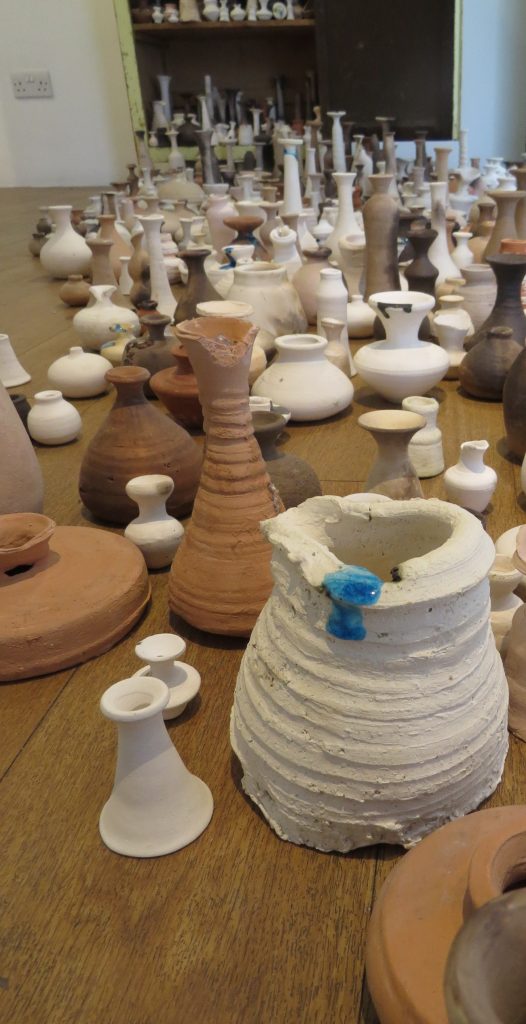
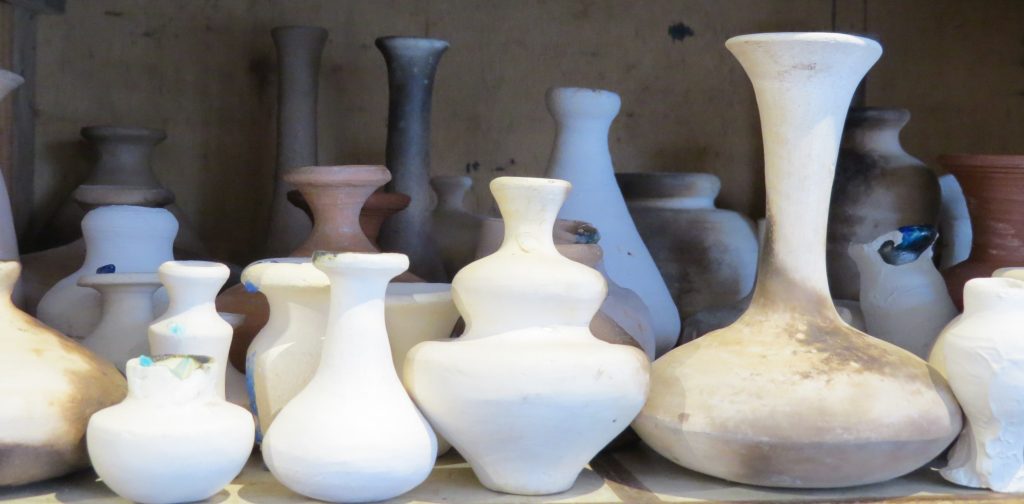
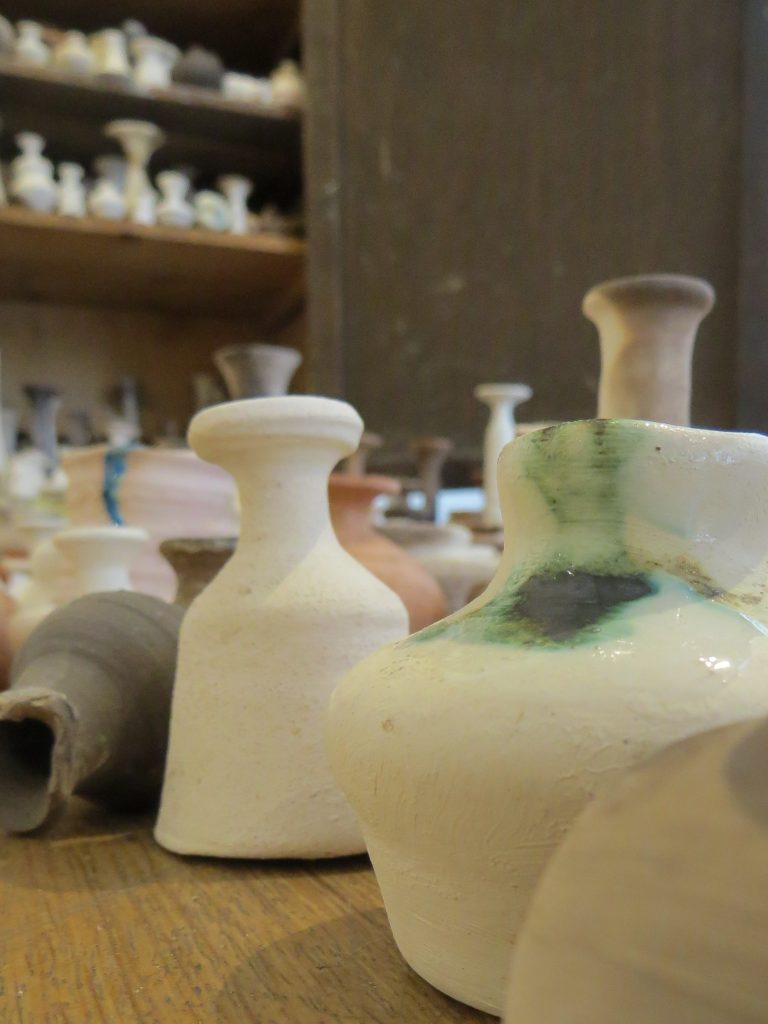

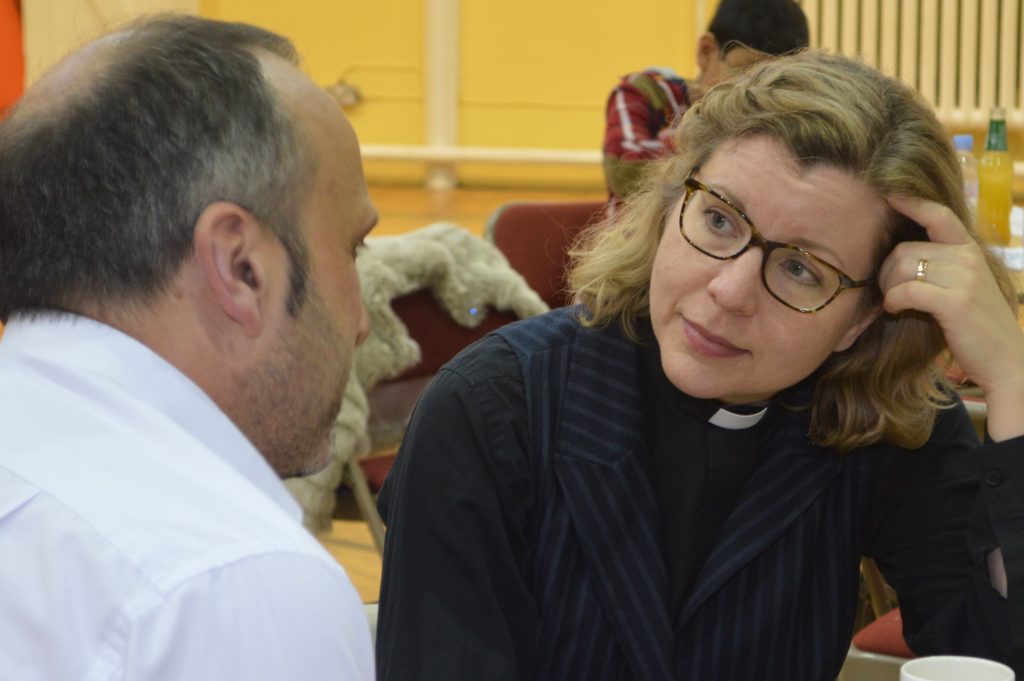
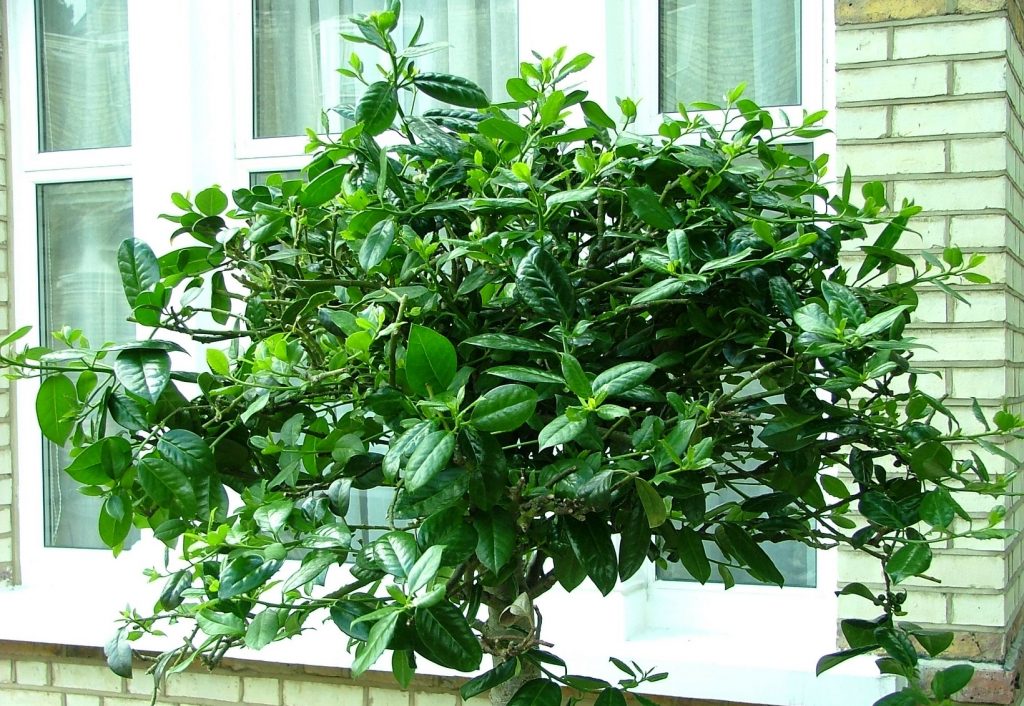

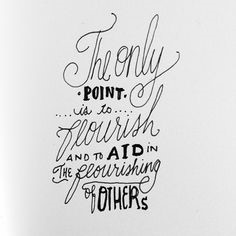
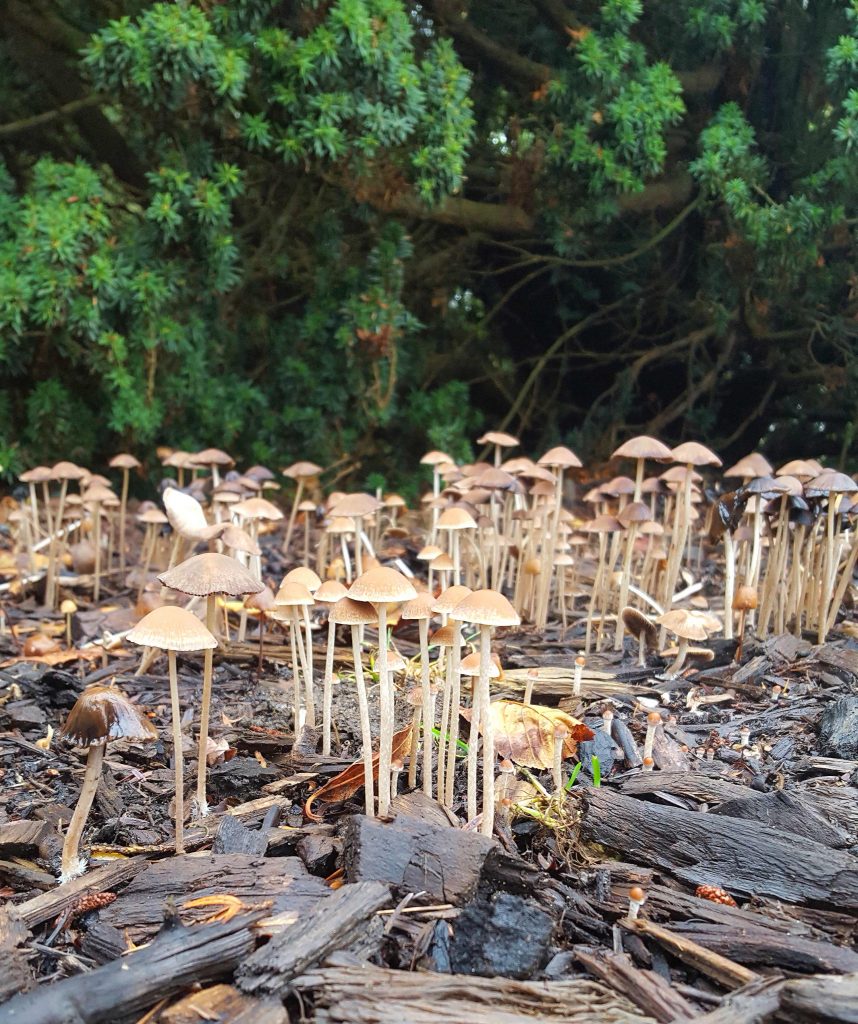 1. We need each other: nurturing human connection is essential for our well-being. We need to be touched, to be hugged a certain number of times daily. I’m not talking about sex, but about human beings appreciating and loving each other.
1. We need each other: nurturing human connection is essential for our well-being. We need to be touched, to be hugged a certain number of times daily. I’m not talking about sex, but about human beings appreciating and loving each other.